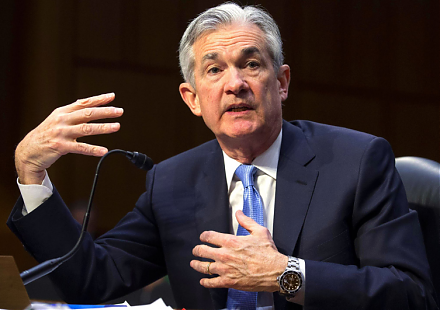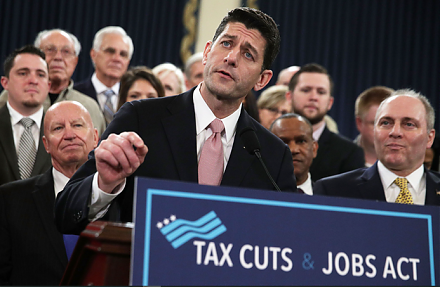

2019-09-11 09:31:00 Wed ET
federal reserve monetary policy treasury dollar employment inflation interest rate exchange rate macrofinance recession systemic risk economic growth central bank fomc greenback forward guidance euro capital global financial cycle credit cycle yield curve
Central banks in India, Thailand, and New Zealand lower their interest rates in a defensive response to the Federal Reserve recent rate cut. The central banks try to institute interest rate cuts to fend off any economic harm from the negative spiral of U.S.-China trade escalation, Brexit trade and capital exodus, and geopolitical confrontation in the South China Sea.
Australia may be the next to act in accordance with this dovish cycle of international interest rate reductions, and the likely Australian dollar depreciation can help boost Aussie exports worldwide.
On Wall Street, the major U.S. stock market indices such as S&P 500, Dow Jones, Nasdaq, and MSCI USA plummet 3%-5% as a result. Before the dust settles on Sino-American trade conflict resolution, the Chinese central bank lets the renminbi currency weaken to 7-yuan-per-greenback in more than a decade. Any aggressive greenback depreciation (or Federal Reserve downward interest rate adjustment) may risk upsetting a reasonably stable global economic order of low inflation rates, exchange rates, and non-agribusiness employment levels in the decade after the global financial crisis of 2008-2009. The negative ripple effects can lead to more economic headwinds and fewer monetary policy levers for many central banks worldwide.
If any of our AYA Analytica financial health memos (FHM), blog posts, ebooks, newsletters, and notifications etc, or any other form of online content curation, involves potential copyright concerns, please feel free to contact us at service@ayafintech.network so that we can remove relevant content in response to any such request within a reasonable time frame.
2018-09-15 11:35:00 Saturday ET

Apple releases its September 2018 trifecta of smart phones or iPhone X sequels: iPhone Xs, iPhone Xs Max, and iPhone XR. Both iPhone Xs and iPhone Xs Max ha
2018-06-17 10:35:00 Sunday ET

In the past decades, capital market liberalization and globalization have combined to connect global financial markets to allow an ocean of money to flow th
2018-03-21 06:32:00 Wednesday ET

Fed Chair Jerome Powell increases the neutral interest rate to a range of 1.5% to 1.75% in his debut post-FOMC press conference. The Federal Reserve raises
2019-07-23 09:22:00 Tuesday ET

Harvard economic platform researcher Dipayan Ghosh proposes some alternative solutions to breaking up tech titans such as Facebook, Google, Apple, and Amazo
2019-10-31 13:38:00 Thursday ET

AYA Analytica finbuzz podcast channel on YouTube October 2019 In this podcast, we discuss several topical issues as of October 2019: (1)
2017-11-17 09:42:00 Friday ET

The Trump administration garners congressional support from both Senate and the House of Representatives to pass the $1.5 trillion tax overhaul (Tax Cuts &a